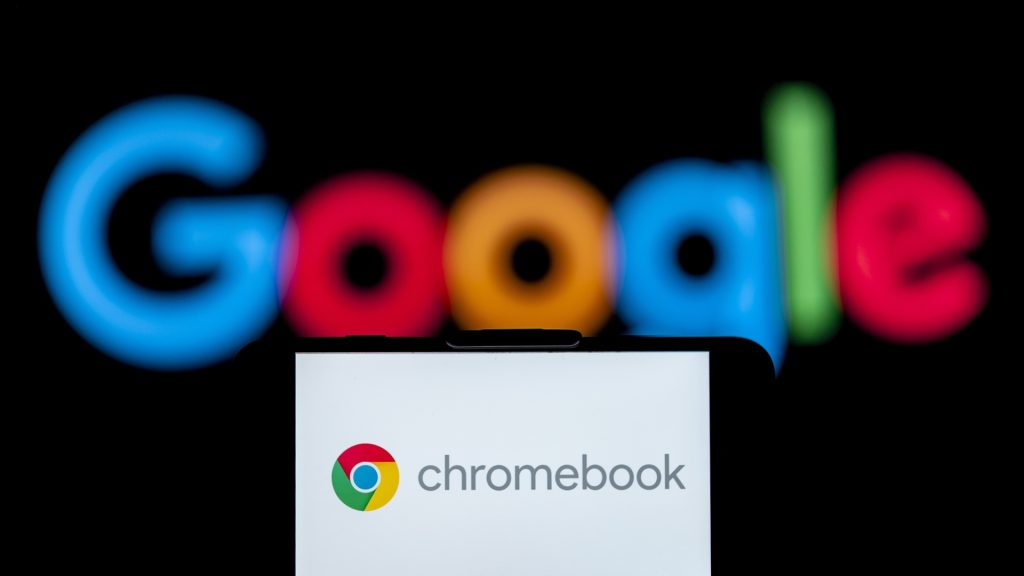How a lawsuit against Google could impact tech giants and school districts

A new class action lawsuit against Google claims the tech giant didn’t prevent kids using Chromebooks for school from accessing adult content. But the lawsuit has several industries wondering whether the liability falls with Google or the school district.
Lawsuit filed
A Utah family filed the federal lawsuit on Oct. 17 in the Northern District of California, claiming their 11-year-old accessed pornography on a school-issued Chromebook and developed an addiction.
They claim their sixth-grade child received a Chromebook for remote learning, but while searching for information on Pokémon characters, was instead led to sexual content, including “pornographic Japanime.”
The claim also says the child “engaged in other related dangerous online activities, such as sending money to strangers in exchange for sexually explicit photos and sharing personal information about himself with strangers, including his home address, thereby endangering him and his family.”
The school reportedly then placed a “high restriction” designation on the child’s account, but access to pornography was still possible. The child was eventually moved to a low-tech charter school.
Google has not publicly commented on the suit.
Who’s to blame?
The family and their lawyers argue that the law places the onus on companies like Google to ensure kids can use their products safely.
But does it?
“I don’t think we necessarily have those answers yet,” Bill Hartzer, CEO of Hartzer Consulting, said to Straight Arrow News. “I think that is the first type of lawsuit that I am aware of that will hopefully bring us answers to that.”
Should tech companies like Google limit access, or should school districts themselves? According to Hartzer, Google is certainly capable of doing that.
“They’re providing the software on that laptop, and they can program it so that it cannot essentially get to certain websites,” Hartzer said.
Are school districts also capable?
“School districts have, in most cases, pretty good IT departments that should be able to add certain types of filters,” Hartzer said.
According to the complaint, the school district’s third party couldn’t prevent access to pornographic content. Despite attempts to limit access at school and home, the complaint says the child was still able to access pornography.
While it certainly seems easier for Google to limit access, Hartzer said there are plenty of reasons they don’t do so automatically.
“It’s not just people under 18 using those laptops,” Hartzer said. “If colleges and universities, people over 18 may be using them, they might have a legitimate reason to visit certain websites, whether it’s research or cybersecurity or something like that.”
Landmark lawsuit
This lawsuit could have a significant impact nationwide. Data from The Journal shows that 94% of public schools surveyed provide students with digital devices, such as laptops.
Because this lawsuit could answer some of those questions, big tech and school districts will likely be watching — and they won’t be alone.
“I think parents should actually be kind of following this as well as, obviously, tech companies, laptop makers, software providers that provide those types of filters,” Hartzer said. “As well as obviously the school systems themselves, and potentially even lawmakers, should actually be very cognizant of this whole situation.”
The post How a lawsuit against Google could impact tech giants and school districts appeared first on Straight Arrow News.





